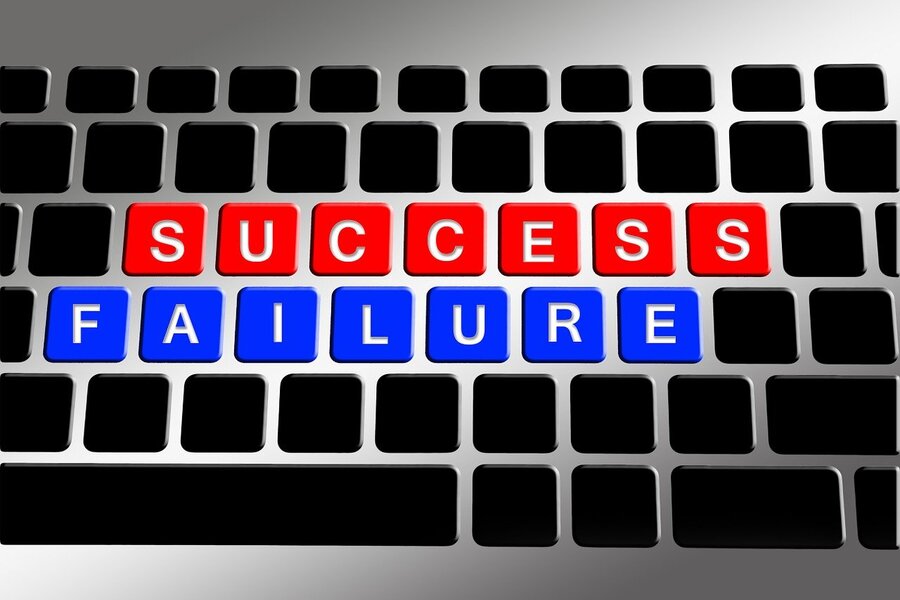“Tell Me About a Time You Failed”: How to Answer Without Self-Sabotaging
07-18-2025|
"Tell me about a time you failed." But here's the truth: interviewers don’t ask this to trick you or make you look bad. They want to understand how you handle adversity, take accountability, and learn from your mistakes. The key is answering honestly without throwing yourself under the bus. In this post, we’ll show you how to tackle this tough interview question with confidence, clarity, and class. Why Do Employers Ask This Question?Hiring managers know everyone makes mistakes. What they’re really looking for is:
They’re not judging you for failing, they’re judging how you responded. What Makes a Good Answer?A great response will include three things:
The STAR Method (Your Best Friend)Use the STAR method to structure your story:
What to Avoid
Sample AnswerQuestion: “Tell me about a time you failed.” Answer (Using STAR): Situation: In my first project management role, I was in charge of leading a product launch with a tight deadline. Task: My job was to coordinate timelines between the marketing and development teams and ensure we launched on time. Action: I underestimated how long the QA testing would take, and I didn’t build enough buffer time into the schedule. As a result, we missed the launch by three days. Result: It was a tough lesson. I took responsibility and met with my manager and team to debrief. Since then, I’ve built risk assessment and extra contingency planning into every timeline. I haven’t missed a launch since. Why it works: It’s honest, shows accountability, highlights a common workplace challenge, and ends on a positive note. Bonus: Types of Failures That Are “Safe” to ShareNot sure what story to tell? These failure types are often safe, relatable, and growth-focused:
Final ThoughtsEveryone fails, but not everyone learns from it. That’s what this question is really about. If you prepare a thoughtful, humble, and growth-minded answer, you’ll not only survive this question… you’ll stand out. Pro tip: Practice saying your answer out loud. Confidence matters just as much as content. |

